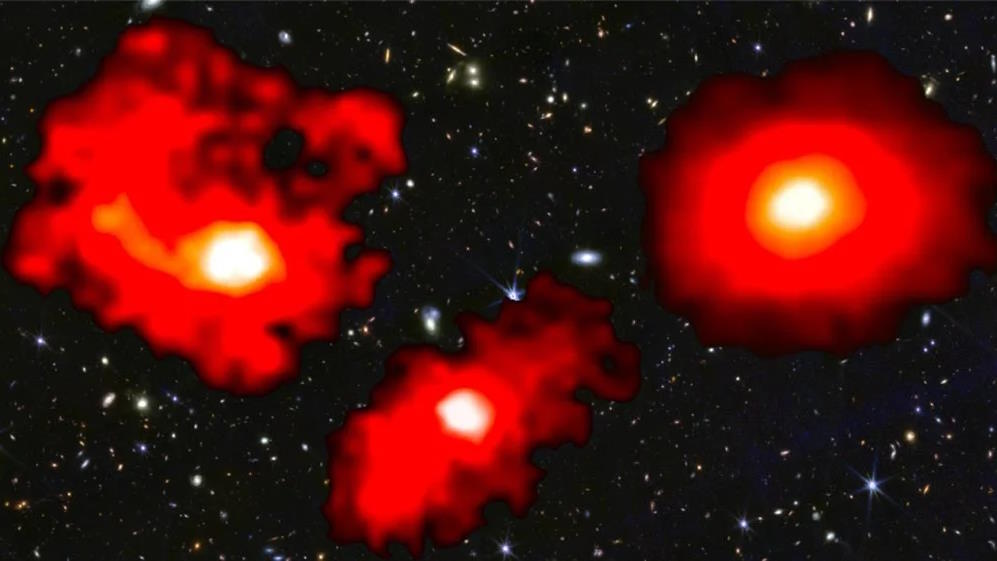Here, in a Big Think interview at his Beijing studio, Ai Weiwei discusses the challenges China faces to becoming a truly “great nation.”
Ai Weiwei: I think first there’s many issues China is facing, and it’s very complicated. And to try to surviving in the competition, they sacrificed a lot of rights, which also are about the environment. And they also sacrificed the education and the whole society has become extremely corrupted, and also extremely incapable to make clear decisions, and the judicial system is also paralyzed. But about the environment, I think which certainly relate to everybody’s life. If you talk one - a natural environment, it’s about air, water, and food safety, and all those concerns, which today is a great trouble for China. We’ve found poison in almost everything. In all the river’s polluted, all the seafood are polluted. And our milk are polluted, our meat are polluted, our vegetables are polluted. Almost every Chinese when they come to a table they always have something in their mind is what their eating is suitable for the body or it’s dangerous for their children, which has become such a concern nobody can avoid. So you can see the change of society really come from those concerns, which involves everybody. It doesn’t matter your political status or what kind of ideology you have, or your patriotic, or you’re just an activist. But still the safety and the well being of daily life, and also about the concern of the environment are really major concern of China today.
First, for any society, not to mention China has such a large and complicated conditions, and a long history. For any society to survive, you have to have a sense of justice and fairness. And it’s property of the public, and people should believe justice exists in this society. And that can be achieved through the struggle. So certainly China doesn’t have an independent judicial system. So for a long time this kind of justice never exists. That’s really a problem. So because it doesn’t exist, so people has no trust, any kind of policy and any kind of news or media, because it’s no freedom of expression. And so how can you have a society working together or trying to maintain this kind of stability without to be the trust of the information and the belief of the justice? So that is so fascinating, and today I’m sure that questions the legitimacy of the power. Why you have to maintain a nation to not trust its own people. Not to let them judge their fate. So this is a constantly questioned, and they can never face the question, and they can never answer it. So for me, I think, this has to be achieved. The so-called independent judicial system, so that society can have a measurement of what is right or wrong. And not just according to a party’s will. That is a completely evil act. And also I think the freedom of expression, which relate to everybody, and the freedom to get the information and to communicate, that’s absolutely necessary, not just for artists like me, but for everybody. So no society can achieve any kind of greatness without doing so.
Directed / Produced by
Jonathan Fowler and Elizabeth Rodd





